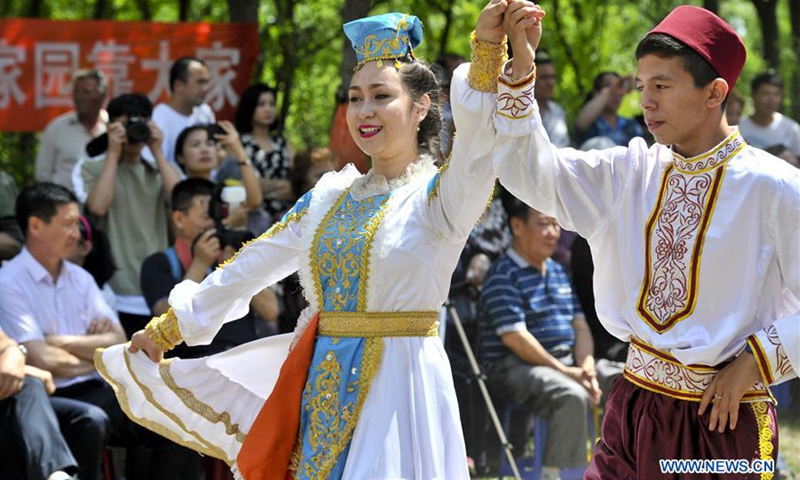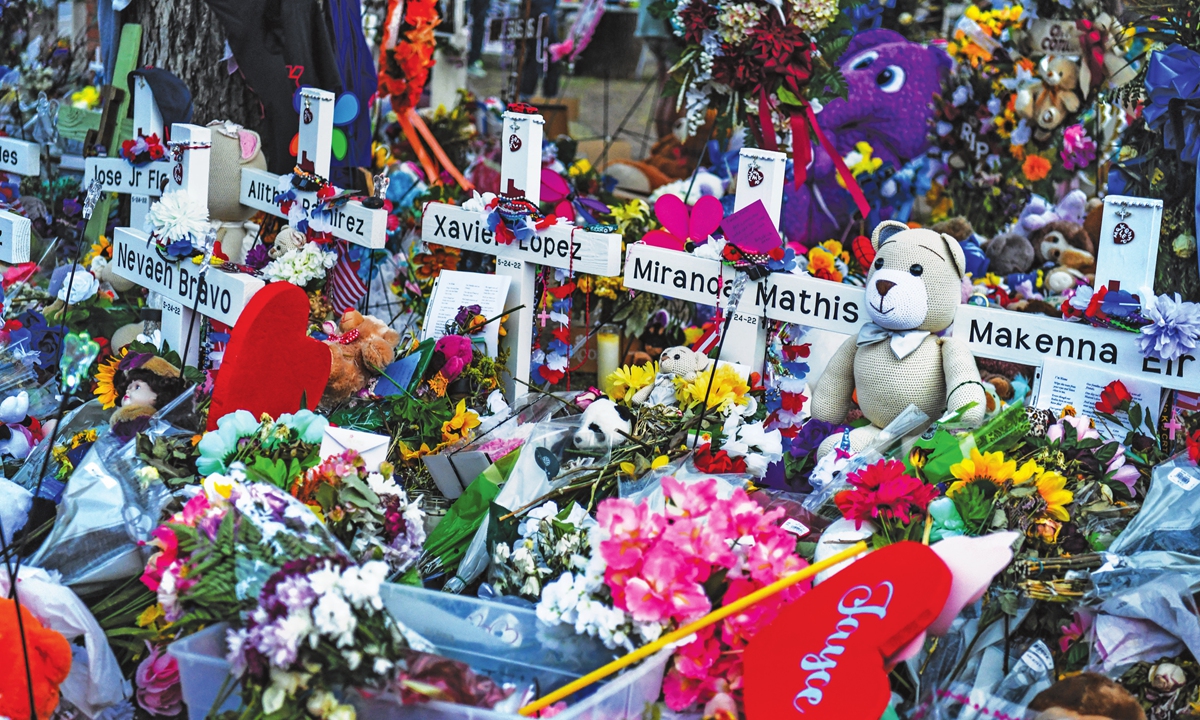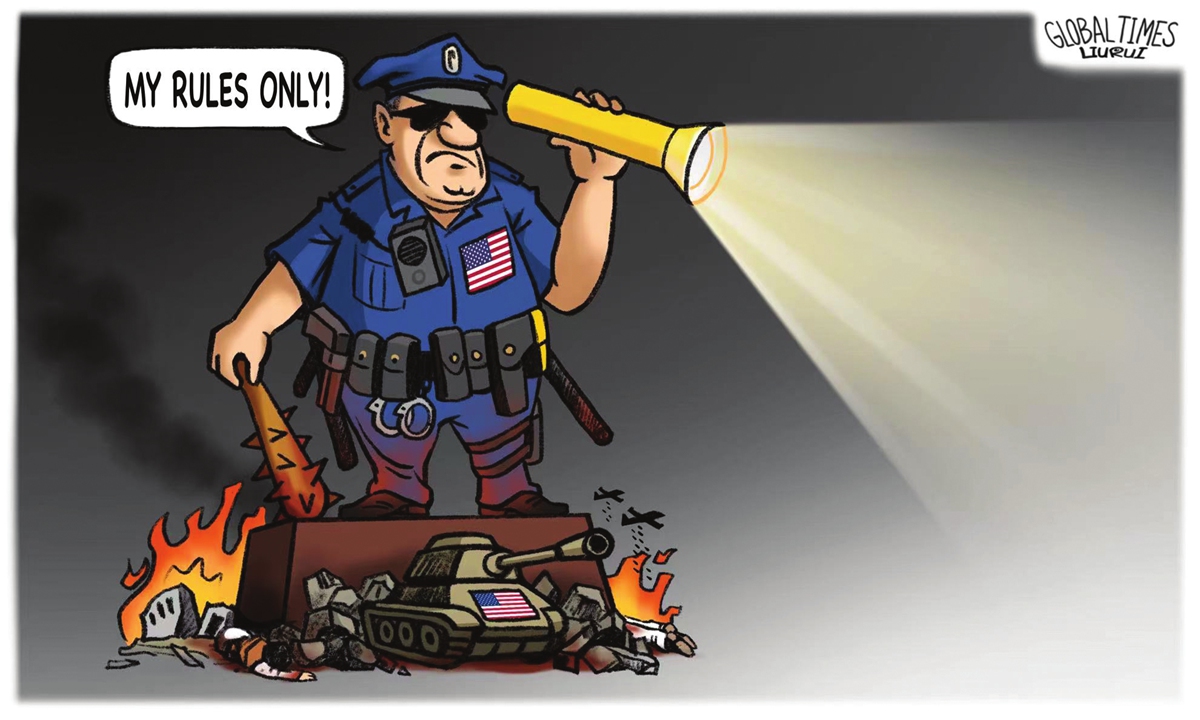
A
Nuri helicopter departing for Kampung Tanduo to take part in an air
offensive against the terrorists holed up there. Bernama pic
NO CHOICE: Police, military unleash massive offensive against terrorists
LAHAT DATU: SECURITY forces successfully launched a major offensive at
daybreak yesterday on Sulu terrorists following a 21-day stand-off that
had left eight policemen dead and triggered panic in Sabah's east coast.
In a never-before-seen offensive, security forces yesterday unleashed a
massive strike involving the police and the military on Kampung Tanduo
near here, where the terrorists were holed up.
While the number of deaths among the terrorists following the strike,
codenamed Ops Daulat, was not immediately known, what was obvious was
the tremendous support shown by Malaysians for this course of action.
Malaysians had run out of compassion for this band of terrorists as
numerous efforts undertaken by the governments of Malaysia and the
Philippines to end the stand-off peacefully, were ignored.
Some 2,000 security personnel from the armed forces and police were
deployed yesterday in a 2km area in Kampung Tanduo after airstrikes.
There were no reports of casualties from the Malaysian side.
Morale among the security forces was high, despite the fact that they
lost eight of their comrades in clashes with terrorists several days
ago.
Just after the strike, Prime Minister Datuk Seri Najib Razak,
delivering an emotionally-packed speech at a gathering of Islamic
scholars in Bukit Jalil, was firm when he spoke of their resoluteness in
protecting Malaysia's sovereignty.
Najib, with a pained look as he narrated the grief he felt when meeting
the widows of the policemen, also expressed his frustration that the
terrorists had not heeded calls to withdraw and avoid bloodshed.
It was a tough call, but one that "as the leader of the government", Najib had to make.
The 16,000-odd crowd applauded in approval when Najib said the time for diplomacy had ended.
Nobody could have mistaken that as a show of arrogance. It was simply
an endorsement that as the leader of the country, he was doing what
needed to be done.
While some opposition leaders had politicised the issue, there were
those who also threw their support behind yesterday's action.
Even Kelantan Menteri Besar Nik Abdul Aziz Nik Mat, an ardent critic of
the government, supported the move, urging Sabah folk to remain loyal
to the country and not help the terrorists.
Yesterday, three weeks after the Sulu gunmen landed on our shores,
Malaysia and the Philippines agreed that they be labelled "terrorists".
This was decided at a meeting between Foreign Affairs Minister Datuk
Seri Anifah Aman and his Philippine counterpart, Senator Albert F. del
Rosario.
Anifah also asked that action be taken against the self-proclaimed
Sultan of Sulu, Jamalul Kiram III, for inciting hatred and violence
against Malaysians.
Yesterday's strike, however, is not the end of the issue.
Residents are afraid of reprisals by the terrorists but in a joint
media briefing, the defence and home ministers assured Sabahans that
they would always be protected.
Malaysia can extradite so-called Sulu Sultan
 Wanted: Jamalul speaking to the press in Manila as he affirms his sultanate’s claim to Sabah. — AFP
Wanted: Jamalul speaking to the press in Manila as he affirms his sultanate’s claim to Sabah. — AFP
PETALING
JAYA: Malaysia can seek the extradition of self-proclaimed Sulu Sultan
Jamalul Kiram III from the Philippines to face the law over the
intrusion into Sabah, legal experts said.
They said Malaysia’s
arrest and extradition of Moro National Liberation Front leader Nur
Misuari to the Philippines in 2001 following a request by that country
had set a precedent for cooperation in dealing with such cases.
Muslim Lawyers Association of Malaysia
Datuk Zainul Rijal Abu Bakar
said the culprits, including those based in Philippines such as Jamalul
Kiram, needed to be brought to Malaysia to face criminal charges of
waging war against the Yang di-Pertuan Agong, an offence under the Penal
Code that is punishable by death upon conviction.
“Our
sovereignty has been challenged and while Malaysia wanted to avoid
bloodshed they started firing, triggering action which resulted in our
security personnel dead, which means there is no more room to forgive
them,” said Zainul.
He added that since Jamalul Kiram did not
directly take up weapons in Malaysian territory, he could be
investigated for abetting to wage war, which also carries the death
penalty upon conviction.
International Islamic University Malaysia (IIUM) Associate
Professor Shamrahayu A. Aziz
said the charge could be used against the culprits even if they were
not Malaysian citizens because what mattered was where the crime was
committed.
“It is also possible for Malaysia to request the
extradition of a person who is not in our country if we can prove that
the instructions came from him or that he instigated or incited the
actions,” she said.
Emeritus Professor of Law at Universiti Teknologi Mara
Prof Datuk Shad Saleem Faruqi said many Sections in Chapter 6 of the Penal Code could be used against the culprits.
He
said Malaysians in Lahad Datu, who had given protection to the
intruders, could also be charged under Section 125A of the Act, which
makes it an offence to harbour any person in Malaysia or a foreign
country who is at war or considered hostile against the King.
In
addition, Shad Faruqi said the culprits could also be charged under the
newly included Section 6A of the Penal Code, which deals with offences
relating to terrorism.
On the possibility of the Philippines requesting to Malaysia to send its naval ships to offer assistance,
Prof Dr Aruna Gopinath
from Universiti Pertahanan Nasional Malaysia said it must only be done
after obtaining an agreement from the Malaysian Government.
“If
there is an offer from them to want to help or monitor then they must
wait for an agreement from us, they cannot just sail here unilaterally
as that would be trespassing,” she said.
In an unrelated
development Raja Muda Azzimudie Kiram, the brother of the
self-proclaimed Sulu Sultan Jamalul Kiram III, is believed to be alive
and well even after the attack.
“He (the Raja Muda) is still alive,” the sultanate’s spokesman Abraham Idjirani told
The Star in a phone interview from Manila.
“I spoke to him yesterday (Tuesday) morning and he said he and the troops were still in Sabah and still in good condition”.
However, Idjirani admitted he had not heard from Azzimudie since then but claimed he was “definitely okay”.
“The
Malaysian security forces attacked an area that the Raja Muda and his
troops had long since vacated. There are only four injured men, but they
are all safe.” he said, referring to the Malaysian security force’s
assault on the intruders in Lahad Datu early yesterday morning.
Sources: Asia News Network
Related posts:
The former Sulu Sultanate, a foreign problem in history that became Sabah's
SABAH STANDOFF, invaders from the Philippines shoot dead!
Filipinos’ Sulu militant group in Sabah must leave Malaysia today
 China US Illustration: Liu Rui/GT
China US Illustration: Liu Rui/GT






